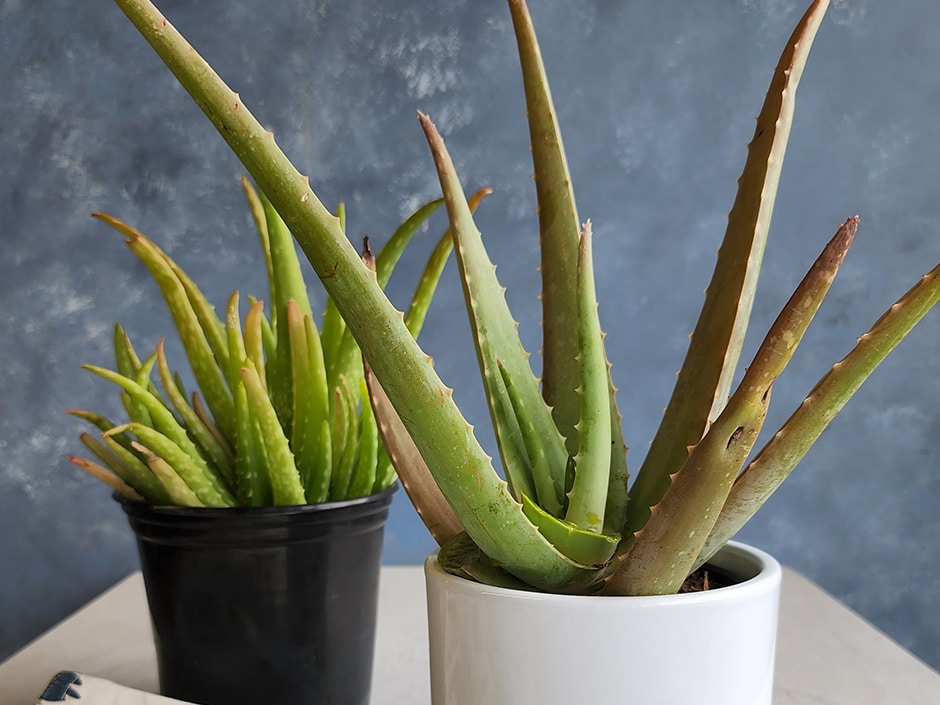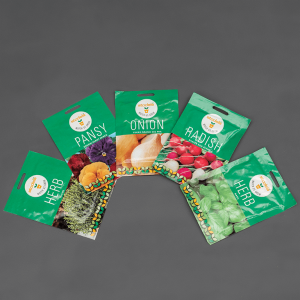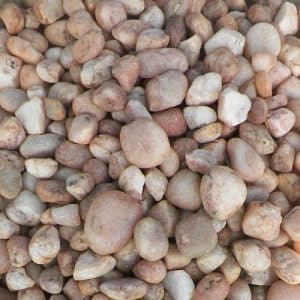Your South African Herbal Kit
DIY and how-to

Did you know that some herbs are like mother nature’s medicine cabinet? These miracle plants have been used for centuries to cure all sorts of things, from upset stomachs to anxiety and sore muscles.
Apart from that, having a medicinal garden is a fun way to get your hands dirty and impress your friends with your green thumb skills. If you’re looking to create your own plant-powered first aid kit then read on:
Lemon Balm
If you’re looking for a way to add a zesty twist to your garden and your life, then you need to get your hands on some lemon balm. This herb is like a burst of sunshine in a plant – it has a fresh, citrussy scent and a zingy flavour. Lemon balm is also a powerhouse of natural healing properties that can help you feel your best.
Benefits: Since ancient times, lemon balm has been used to calm the mind and lift the spirits. Whether you’re feeling stressed or anxious, or just need a chill-out, a cup of lemon balm tea can work wonders. This herb is packed with compounds that can also help you fight colds, flu and other irritating infections.
Growing lemon balm is easy-peasy, lemon-squeezy. Plant it in a sunny spot with well-draining soil and give it plenty of water. The more you harvest it, the more it will grow, so don’t be shy about snipping off a few leaves whenever you need them.
Lavender Plant
Lavender is an amazing plant that you’ll forever want to keep in your garden. This fragrant herb can tolerate full sun and dry soil, making it perfect for sunny spots and easy to care for.
Benefits: For centuries, lavender has been used for its calming properties and is often used in aromatherapy to promote relaxation and reduce stress. As if that’s not enough, the herb also has antiseptic and anti-inflammatory properties.
So if you’re looking for a natural remedy to soothe your skin, help you relax, reduce inflammation and promote healing, lavender is your bestie.
Comfrey
A remarkable herb that can help you recover from injuries. This tough plant can handle full sun, but it also plays well with partial shade. Just be warned, if you don’t keep it in check, it’ll spread faster than gossip.
Benefits: Herbalists have been using this incredible herb for over 2,000 years to heal broken bones and fractures, so you know it’s legit.
The secret sauce is allantoin, which is incredible for cell renewal muscles, tissue, and bones. Whip up some comfrey balm as an extra measure when trying to soothe that backache or sore joints.
Aloe vera
Aloe vera is a powerful plant that has been used for centuries for its healing properties. It’s perfect for soothing sunburnt skin, cuts and scrapes. This easy-to-grow plant loves full sun and well-draining soil, and it’s super drought-resistant. This is good news for those who may not have the greenest thumb.
Benefits: Aloe vera is a true multitasker. Not only can you apply the inner gel from the leaf directly to your skin for instant relief, but you can also use it to boost your immune system and improve digestion. With aloe vera in your garden, you’ll have a go-to plant for all your health and wellness needs.
Calendula
Calendula is ideal for healing cuts and grazes. It grows easily from seeds sown directly into the garden. It likes full sun and flowers from late winter all the way to early summer.
Benefits: Calendula balm heals cuts, grazes and minor wounds. Make sure that the wound is completely clean and free of infection before applying, as it is vital that no infection remains under the healing skin. Calendula balm can also be used to treat insect stings and sunburn.
Nettle
This herb soothes insect stings and bites and also calms skin rashes. It grows in any type of soil, but prefers a semi-shady position. It can be grown from seedlings or propagated from root cuttings. It tends to be invasive and needs to be cut back fairly frequently.
Benefits: Use a nettle wash to treat insect bites and stings and skin rashes. Nettle wash can be made by infusing nettles in vinegar for three weeks. Start by spreading out the nettles on an absorbent towel for a day to reduce their moisture content. Place half a cup of nettles in a bottle and top up with vinegar. Seal and store in a cool, dark place. After three weeks, strain the liquid and decant into a storage bottle.
You might also like
Shop online
-
MIGHTY MAX 25KG
- R509.99
- Add to cart Learn More
-
Assorted Stodels Seeds
- R21.99
- Select options This product has multiple variants. The options may be chosen on the product page Learn More
-
PEBBLES MULTI WHITE
- R159.99
- Add to cart Learn More
-
APPLE ANNA TREE
- R369.99
- Add to cart Learn More




